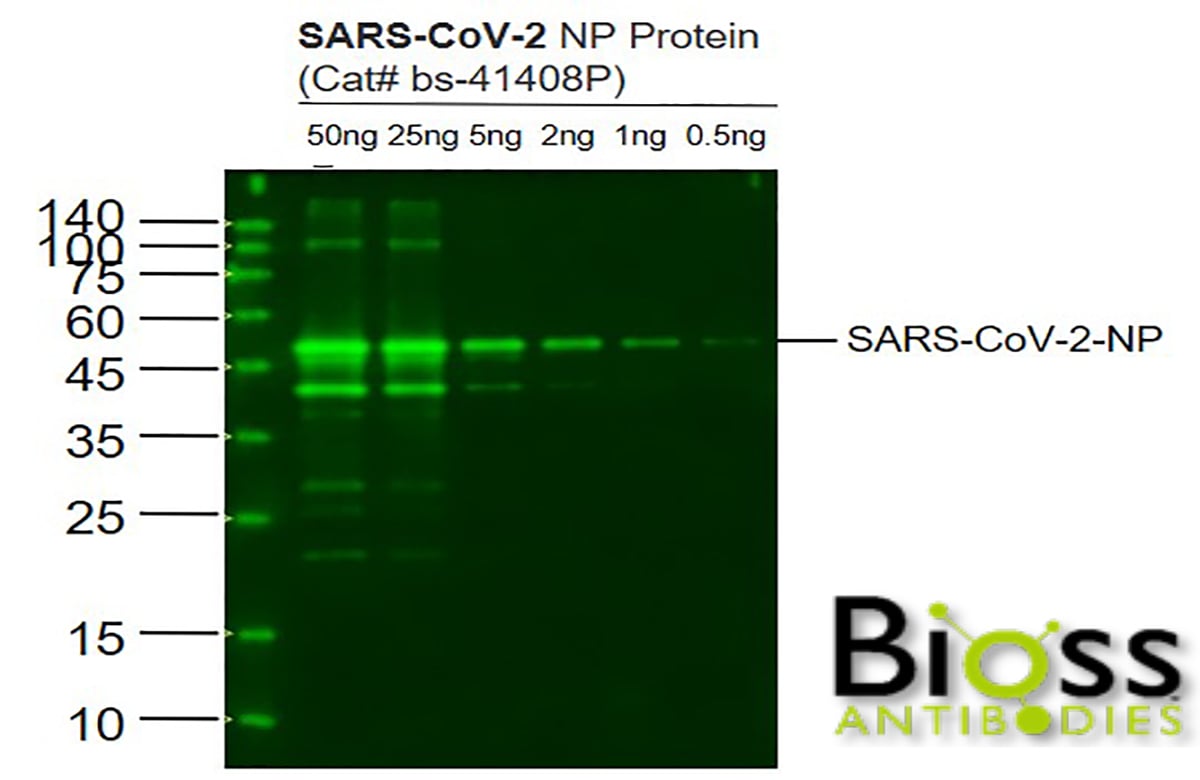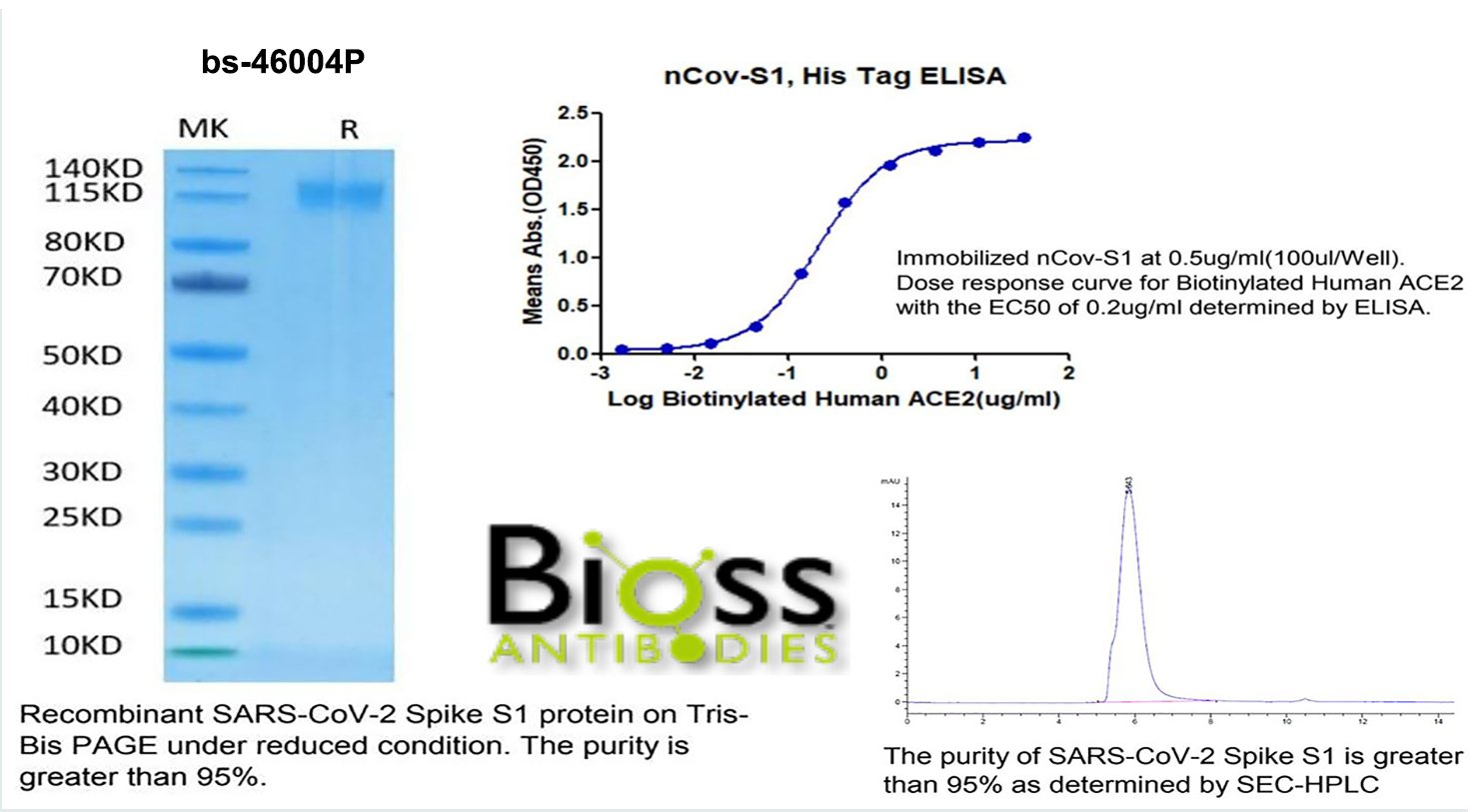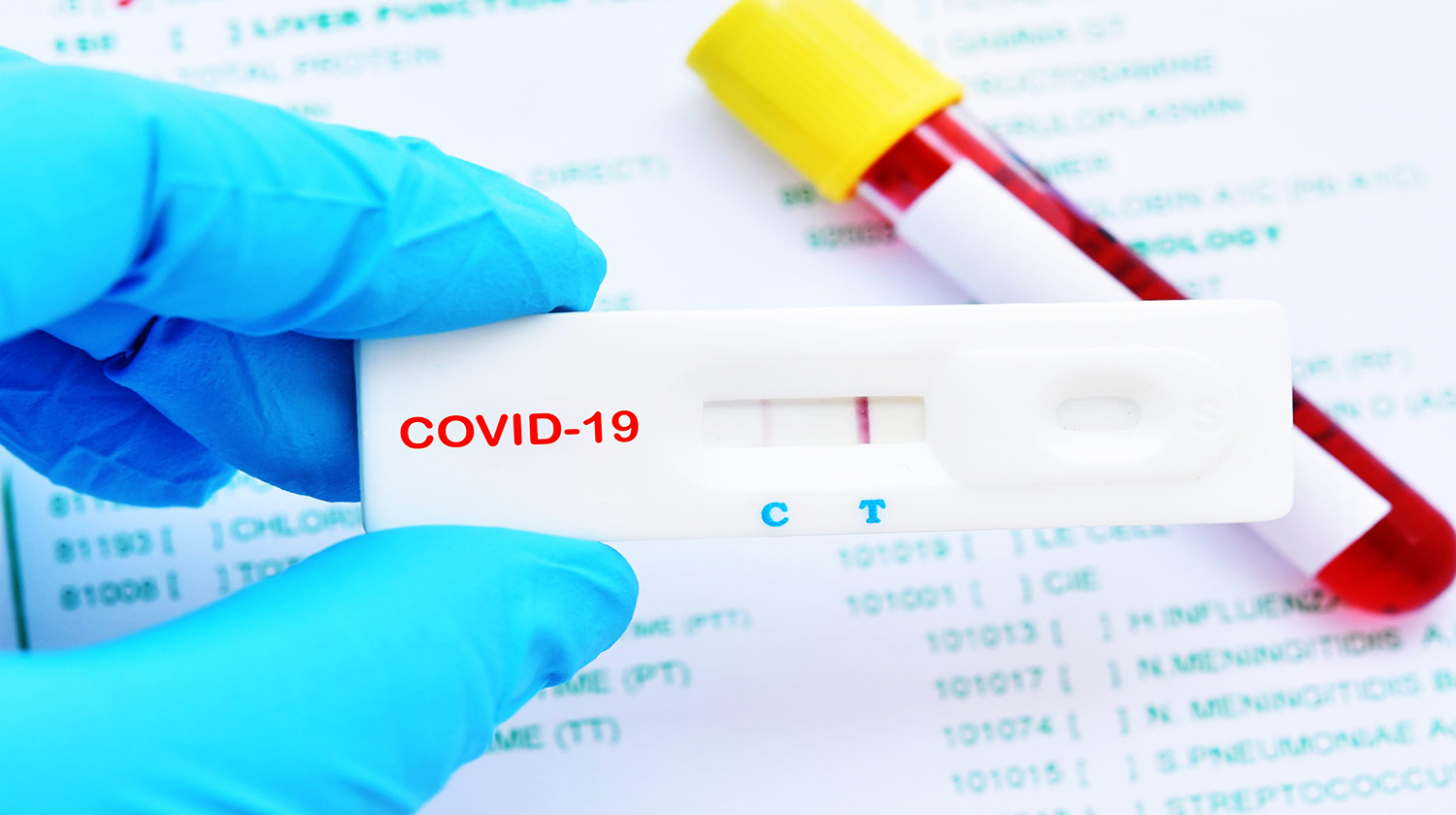The first wave of Covid-19 tests is designed to determine whether you have the SARS-CoV-2 virus right now. As the world starts to eye an exit from lockdown, the second wave of tests is trying to find out if you had the virus in the past. To this end, COVID-19 antibody tests are on the rise throughout the U.S.

Antibodies in the human body are assumed to recognize and grab onto the virus if it comes back, and “hopefully” block reinfection. Once someone has had an infection in the past, practical antibody tests will show “positive” and indicate that people are potentially no longer at risk of contracting the virus themselves or passing it along to others. However, the keyword here is ‘potentially.’ The promise of “immunity testing” is plagued by uncertainty about how the immune system responds to the SARS-CoV-2 virus, as well as concerns about the tests’ accuracy.
There are at least seven human coronaviruses that are known to exist today. Among those, four common coronaviruses that cause the common cold infect people frequently. Therefore, the WHO pointed out that antibody tests “need to accurately distinguish between past infections from the novel coronavirus and infections of the other viruses”. The report warned that those infected by any one of the human coronaviruses might develop antibodies that cross-react with the SARS-CoV-2 virus in vitro. Dr. Paul Kamitsuka, head epidemiologist at New Hanover Regional Medical Center, said that the major problem with current antibody tests is a lack of specificity. “That is, some of the tests may cross-react with other coronaviruses that cause the common cold, and therefore may be false-positive,” Dr. Kamitsuka said in his email.

The principle for most of the COVID-19 antibody testing kit is to use SARS-CoV-2 viral proteins as the bait to fish COVID-19 antibodies from patients’ specimens, such as blood samples. Conceivably, bait proteins with the natural properties will play a critical role in recognizing the specific COVID-19 antibodies, leading to the highest accuracy of a test. Simply put, the quality of the viral protein used in the assay will largely determine the accuracy of an antibody test. In support of the re-opening of world economies, many organizations are dedicated to develop and manufacture a variety of SARS-CoV-2 viral proteins. We are hoping that better, more specific tests will be forthcoming.
---------------------------------------------------------------
References:
- https://www.cdc.gov/coronavirus/types.html
